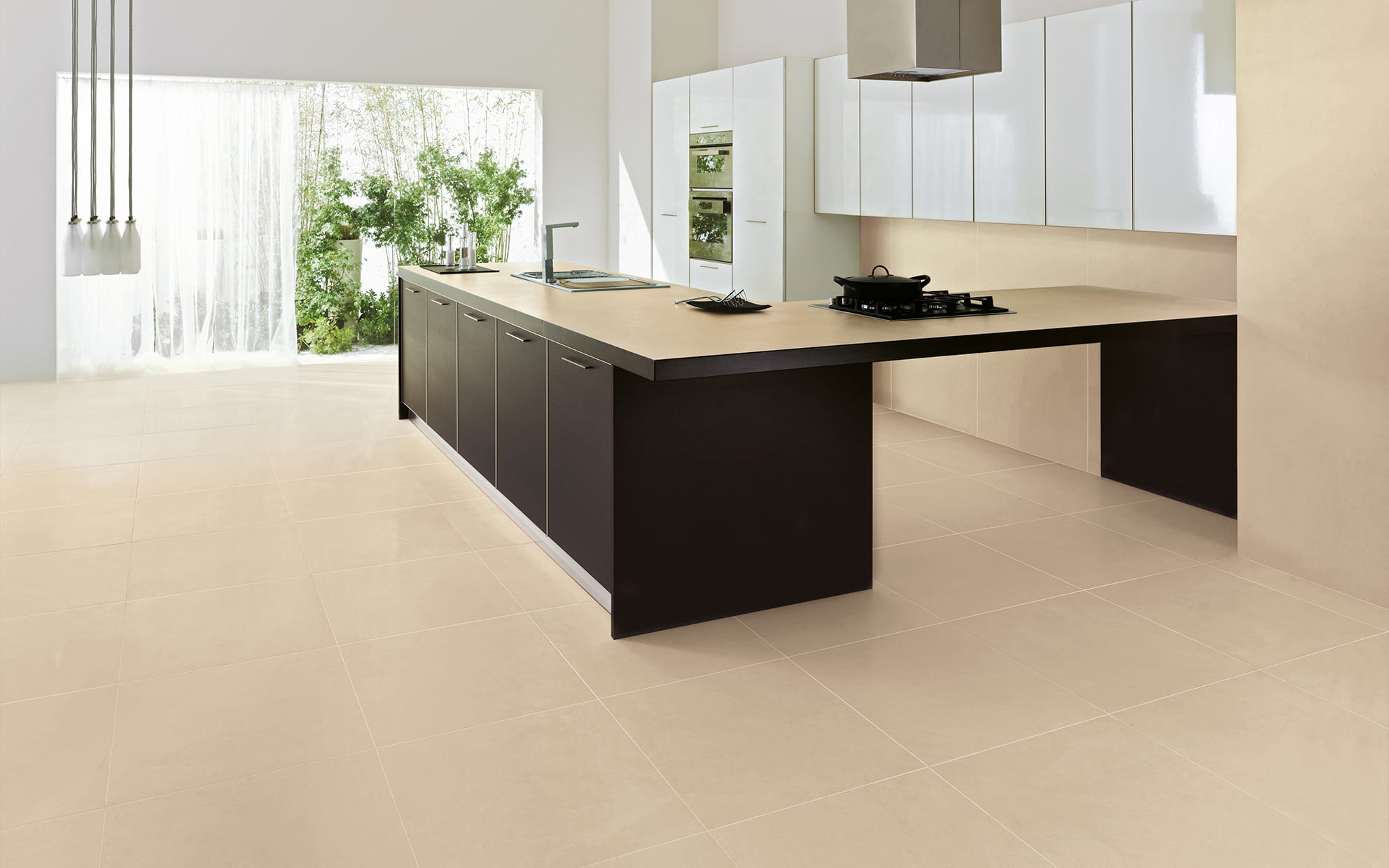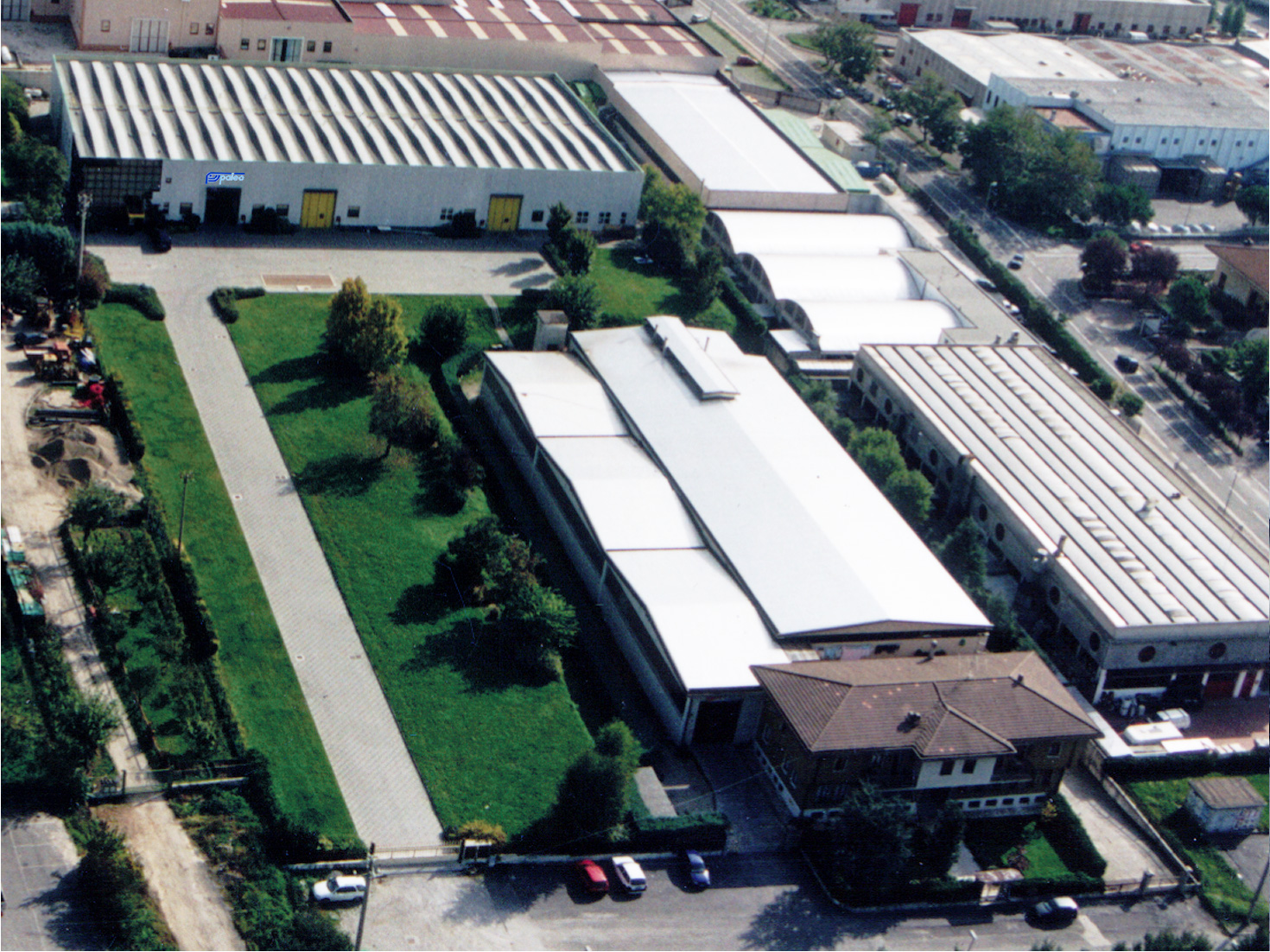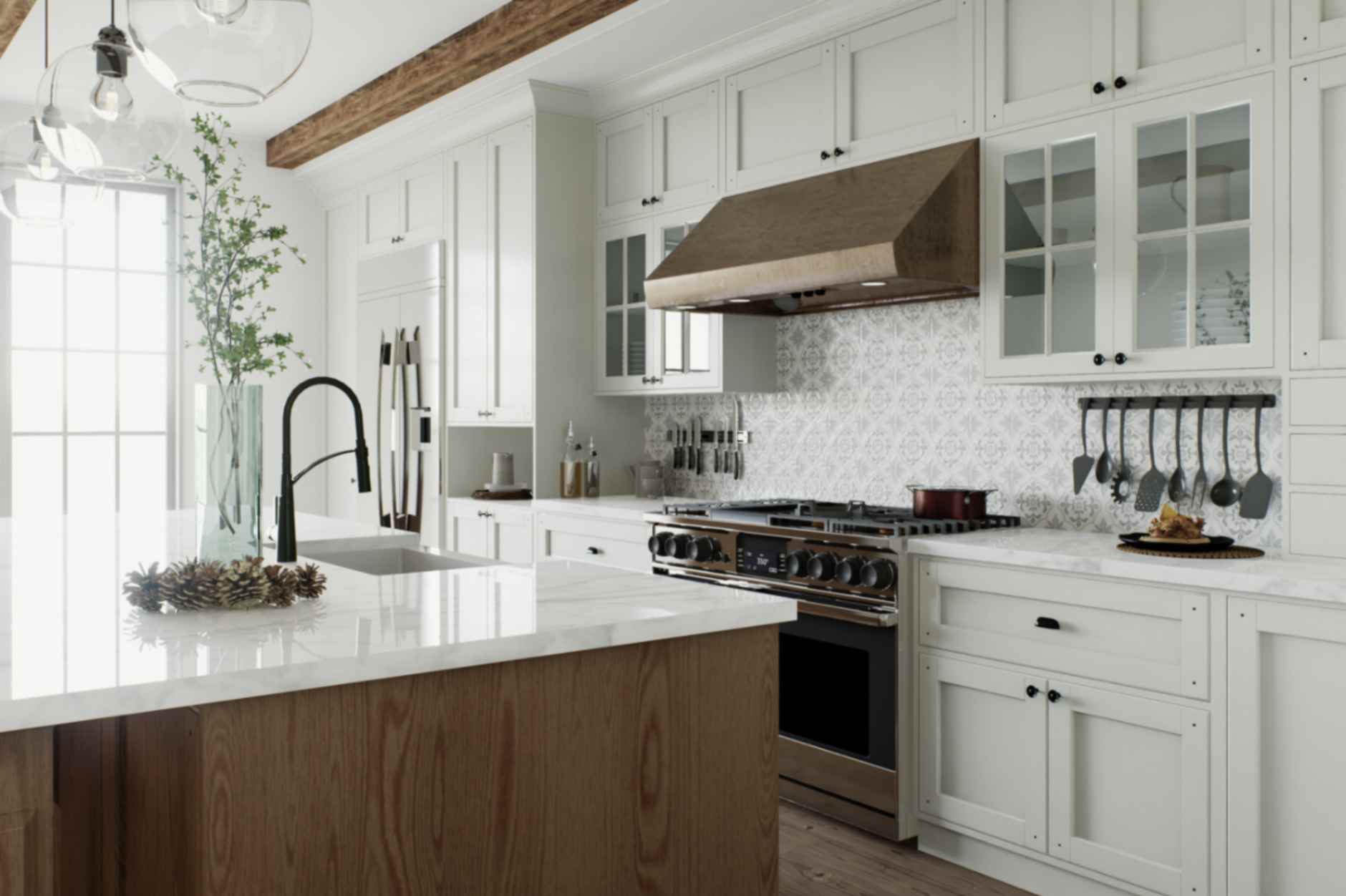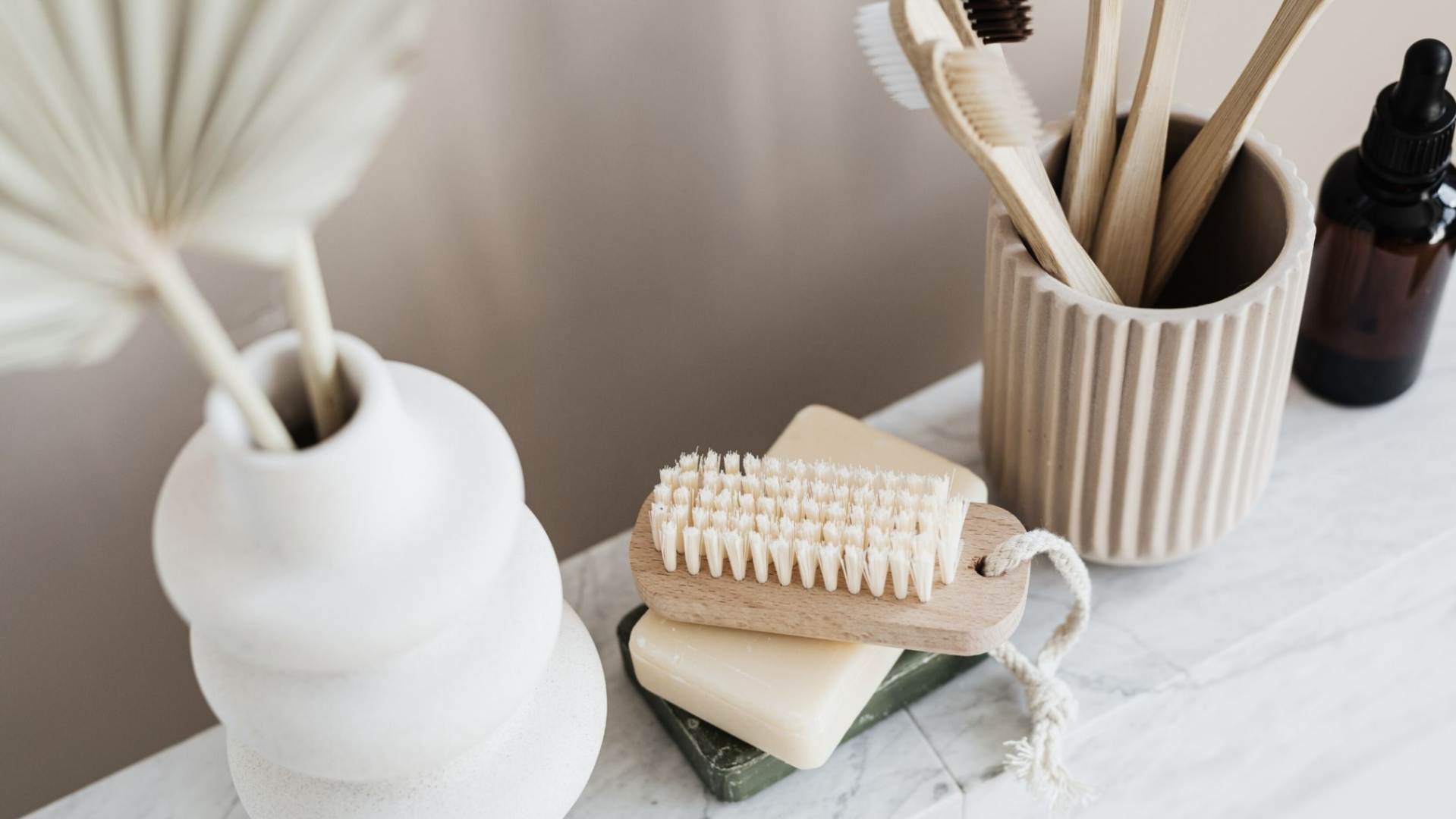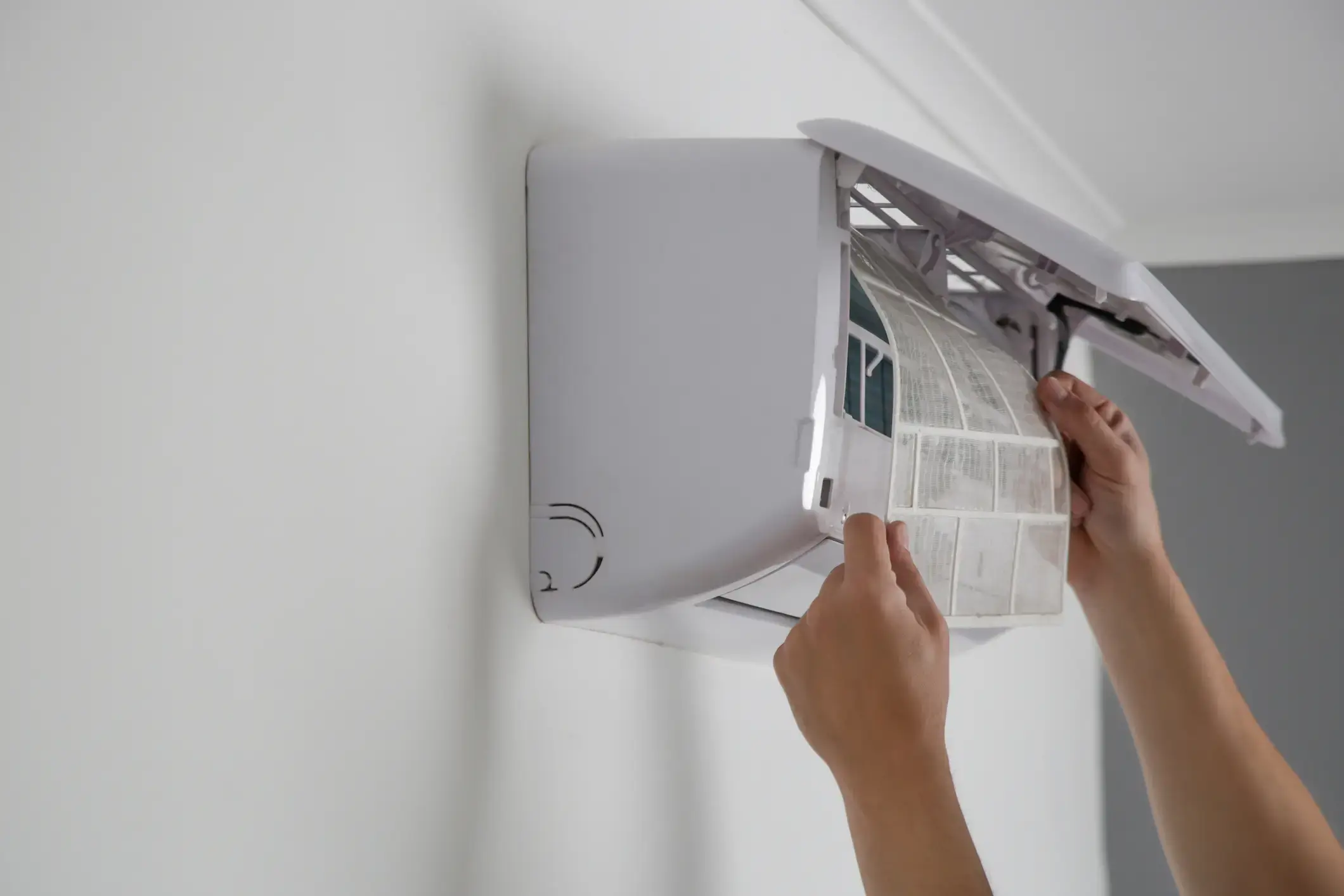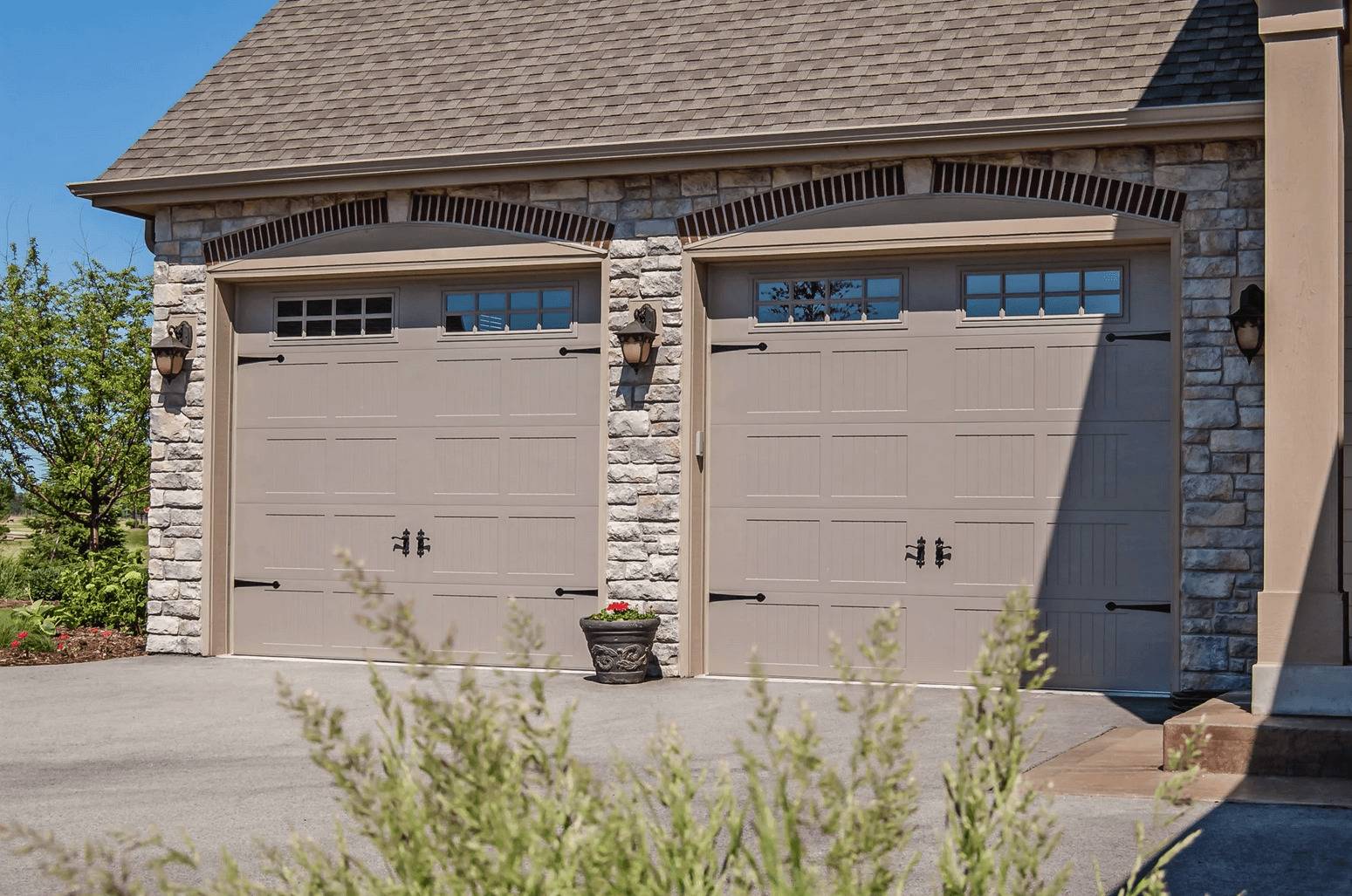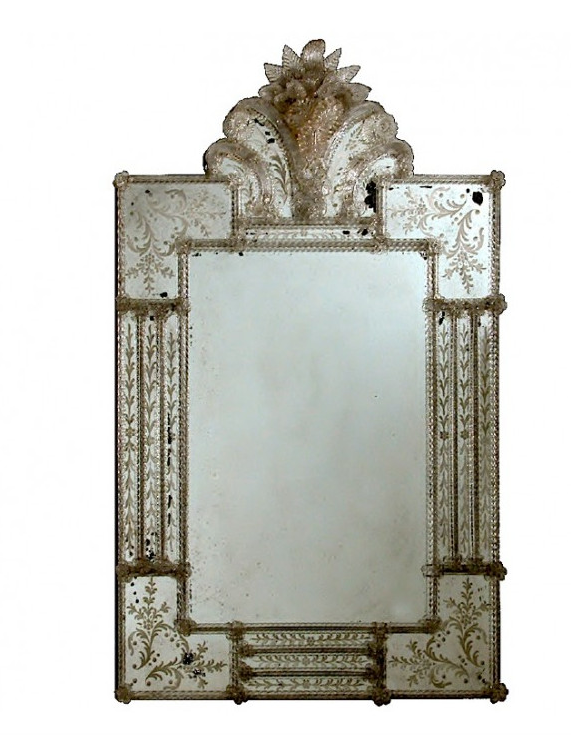How New Air Filters for Your Home Can Improve Overall Indoor Air Quality
Ensuring good indoor air quality in your home is essential for maintaining a healthy living environment. One of the most effective ways to achieve this is by regularly replacing your home’s air filters. Air filters play a critical role in trapping dust, allergens, and other airborne particles that can affect your health and comfort. Understanding […] The post How New Air Filters for Your Home Can Improve Overall Indoor Air Quality appeared first on The Architecture Designs.
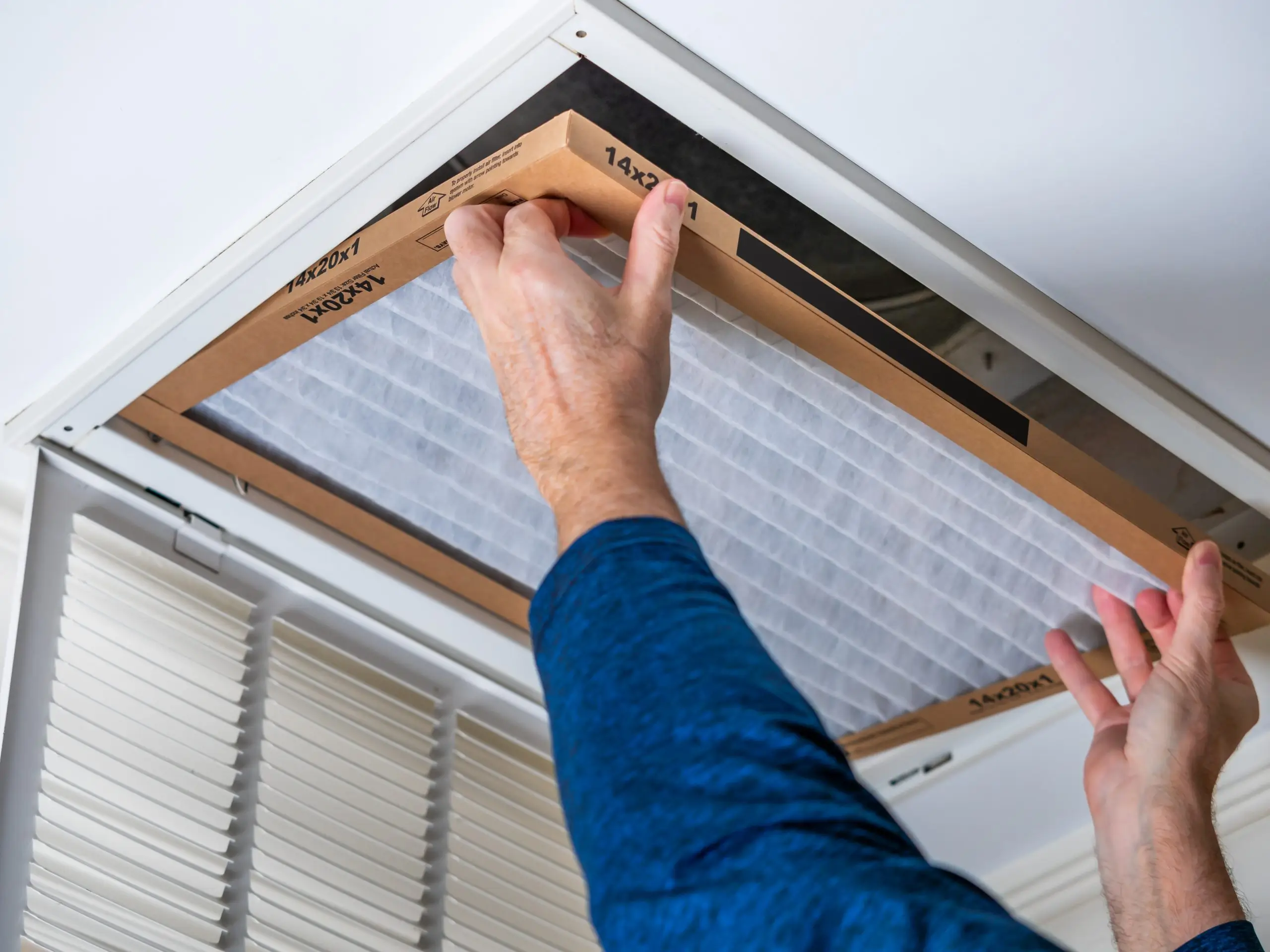
Ensuring good indoor air quality in your home is essential for maintaining a healthy living environment. One of the most effective ways to achieve this is by regularly replacing your home’s air filters. Air filters play a critical role in trapping dust, allergens, and other airborne particles that can affect your health and comfort.
Understanding the Importance of Air Filters
Air filters are designed to remove contaminants from the air as it circulates through your heating, ventilation, and air conditioning system. These filters capture dust, pollen, mold spores, pet dander, and other pollutants, preventing them from being redistributed throughout your home. Over time, however, air filters become clogged with these particles, reducing their efficiency and potentially allowing contaminants to bypass the filter.
Regularly replacing your air filters ensures that your HVAC system can continue to effectively remove airborne pollutants, maintaining cleaner and healthier indoor air. Thus, replacing your air filters can improve indoor air quality in your home. It is recommended to replace standard air filters every 1-3 months, depending on the filter type, the number of occupants, and the presence of pets.
Health Benefits of Clean Air Filters
One of the most significant advantages of new air filters is the improvement in respiratory health. When air filters are clogged or dirty, they are less effective at trapping harmful particles, which can lead to a buildup of allergens and irritants in your home. For individuals with allergies, asthma, or other respiratory conditions, exposure to these pollutants can exacerbate symptoms and lead to more frequent health issues.
By regularly replacing your air filters, you can significantly reduce the concentration of allergens and irritants in your home, creating a healthier environment for you and your family. Clean air filters can help alleviate symptoms such as sneezing, coughing, and shortness of breath, contributing to better overall respiratory health.
Enhanced HVAC System Efficiency
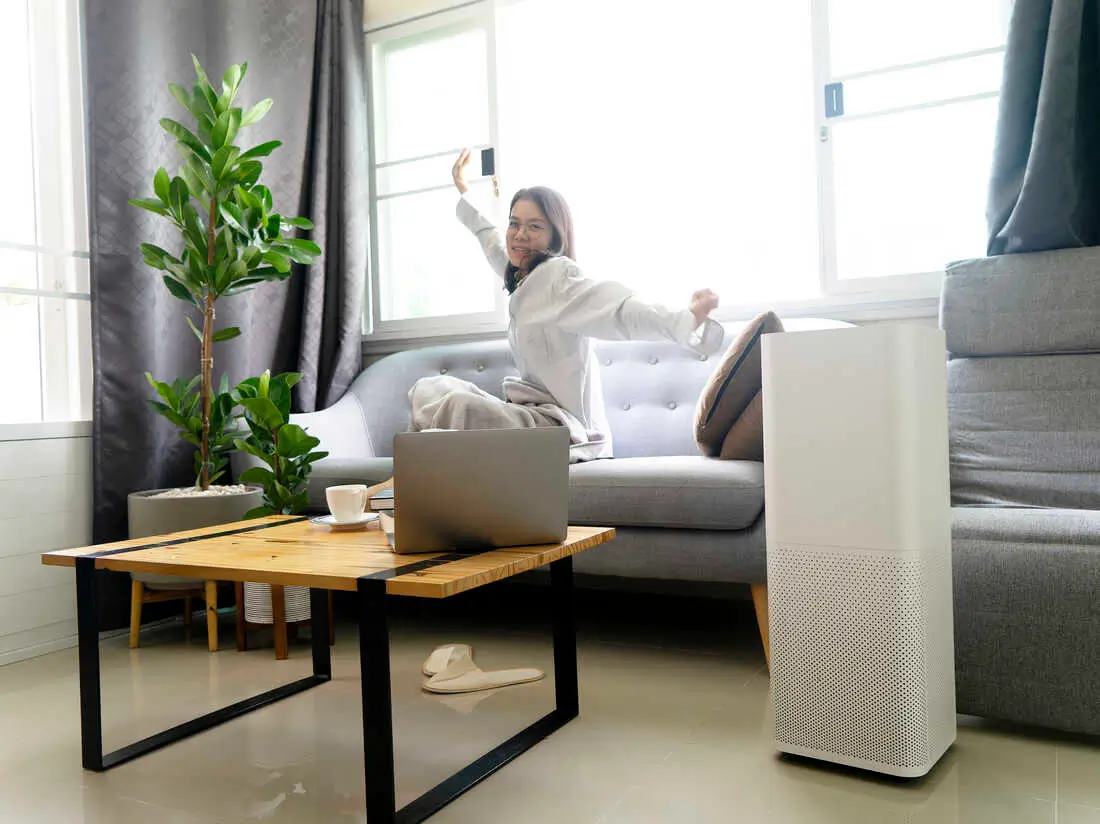
source: metajaunnews
Another key benefit of new air filters is the improvement in your HVAC system’s efficiency. When filters are clogged with dust and debris, your HVAC system has to work harder to push air through, which can lead to increased energy consumption and higher utility bills. Additionally, an overworked HVAC system is more prone to breakdowns and requires more frequent maintenance.
By ensuring that your air filters are clean and free from obstructions, you can enhance the efficiency of your HVAC system. This not only reduces your energy costs but also extends the lifespan of your system, saving you money on repairs and replacements in the long run. A well-maintained HVAC system also operates more quietly, contributing to a more comfortable and peaceful home environment.
Reduction of Household Dust
Household dust is not only unsightly but can also contribute to poor indoor air quality. Dust particles can contain a variety of contaminants, including pollen, mold spores, and even bacteria. When air filters are not regularly replaced, dust can accumulate and be recirculated throughout your home, settling on furniture, floors, and other surfaces.
New air filters help reduce the amount of dust in your home by capturing these particles before they have a chance to settle. This not only keeps your home cleaner but also reduces the frequency of dusting and cleaning required to maintain a tidy living space. A reduction in household dust can also minimize the risk of allergies and respiratory issues caused by inhaling dust particles.
Elimination of Unpleasant Odors
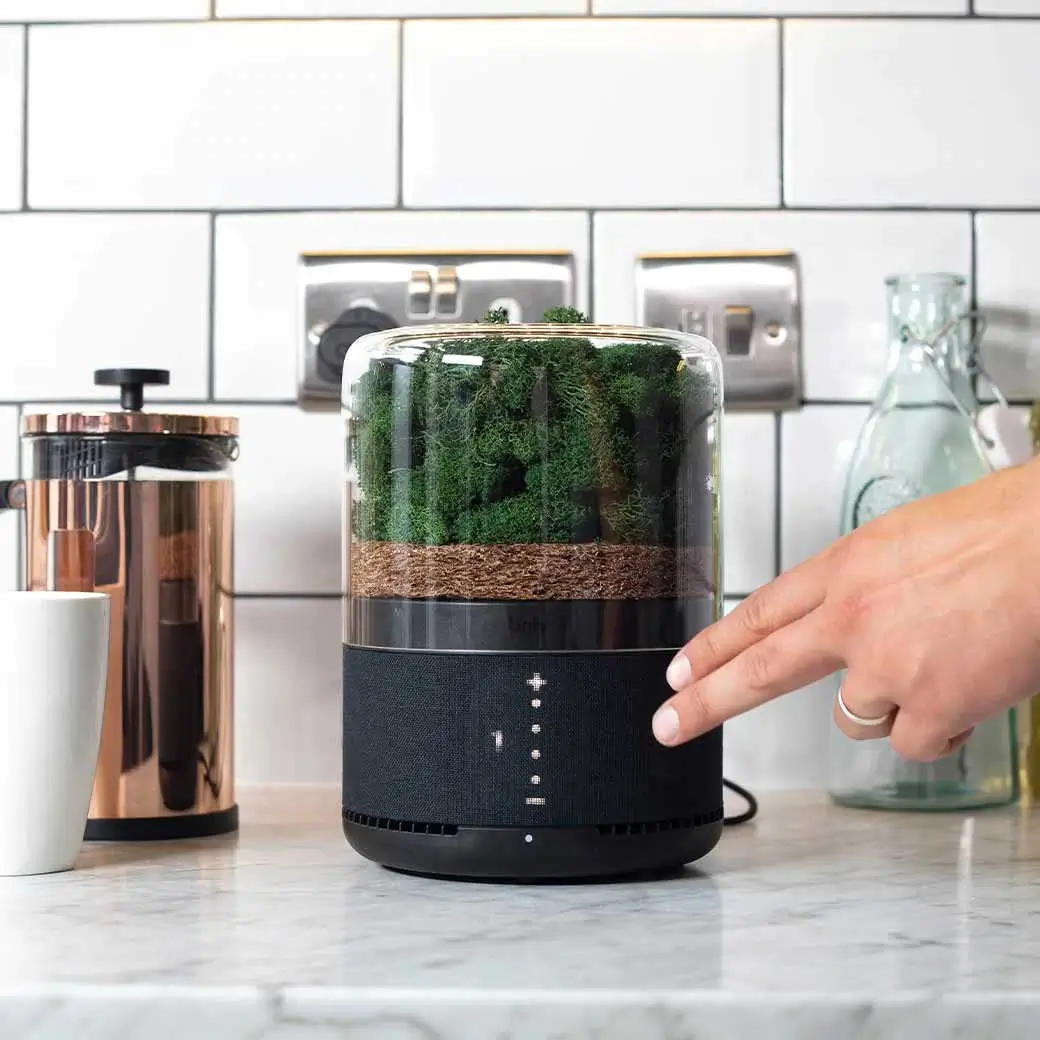
source: moralfibres
Indoor air quality is not only about the removal of visible particles but also the elimination of odors. Dirty air filters can contribute to unpleasant smells in your home, as they are unable to effectively trap odor-causing particles. Common sources of indoor odors include cooking, pets, tobacco smoke, and household cleaning products.
Replacing your air filters regularly can help eliminate these odors, ensuring that your home smells fresh and clean. High-quality air filters, such as those with activated carbon, are particularly effective at removing odors and improving the overall scent of your indoor air. This can make your home a more inviting and pleasant place to live.
Protection Against Mold Growth
Mold is a common indoor pollutant that can significantly impact air quality and pose serious health risks. Mold spores thrive in damp, humid environments and can spread quickly through the air. Inhaling mold spores can cause allergic reactions, respiratory issues, and other health problems.
New air filters can help prevent the spread of mold spores by capturing them before they have a chance to settle and grow. This is particularly important in areas of your home that are prone to moisture, such as bathrooms, basements, and kitchens. By maintaining clean air filters, you can reduce the risk of mold growth and protect your family’s health.
Improved Overall Comfort

source: usefuldiyprojects
Finally, new air filters can enhance the overall comfort of your home. Clean air free from pollutants, allergens, and odors creates a more enjoyable living environment. Whether you are relaxing, working, or spending time with family, improved indoor air quality can contribute to a better quality of life.
Regularly replacing your air filters is a simple and effective way to ensure that your home remains a comfortable and healthy place to live. By investing in high-quality air filters and adhering to a regular maintenance schedule, you can enjoy the many benefits of clean indoor air.
Conclusion
In conclusion, regularly replacing your home’s air filters is essential for maintaining good indoor air quality and ensuring a healthy living environment. Clean air filters provide numerous benefits, including improved respiratory health, enhanced HVAC system efficiency, reduced household dust, elimination of unpleasant odors, protection against mold growth, and overall improved comfort. By prioritizing the maintenance of your air filters, you can enjoy a cleaner, healthier, and more comfortable home for you and your family.
The post How New Air Filters for Your Home Can Improve Overall Indoor Air Quality appeared first on The Architecture Designs.

